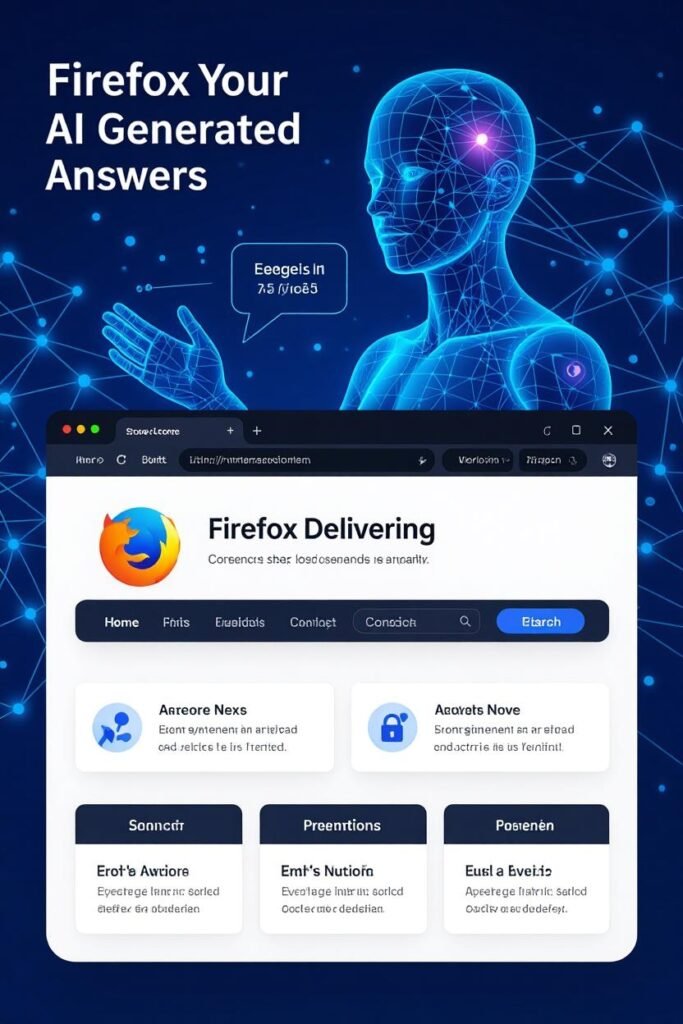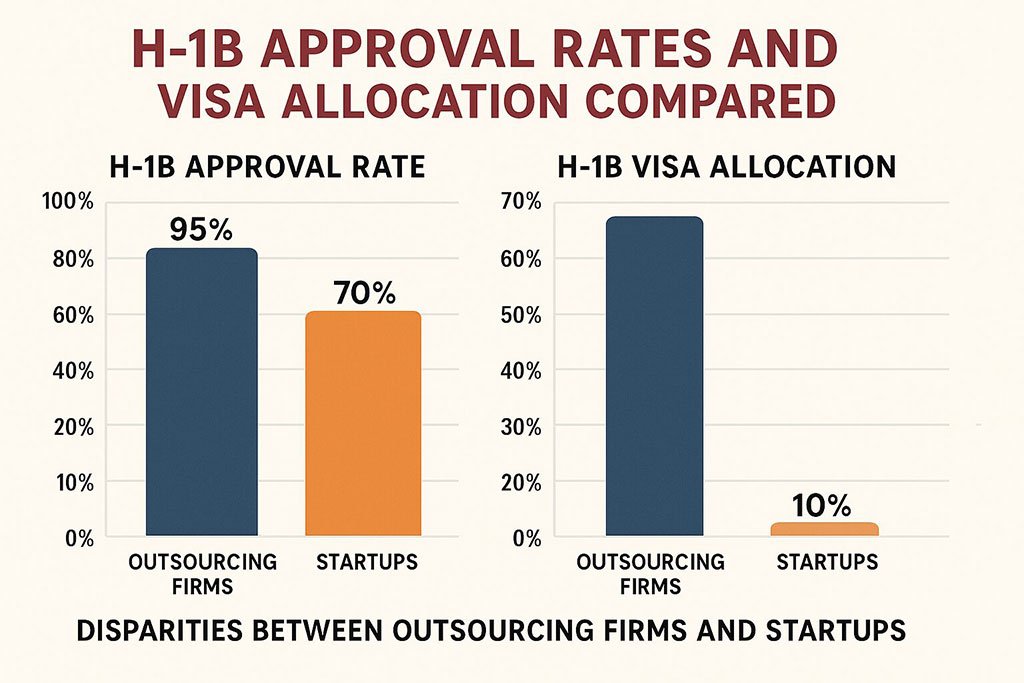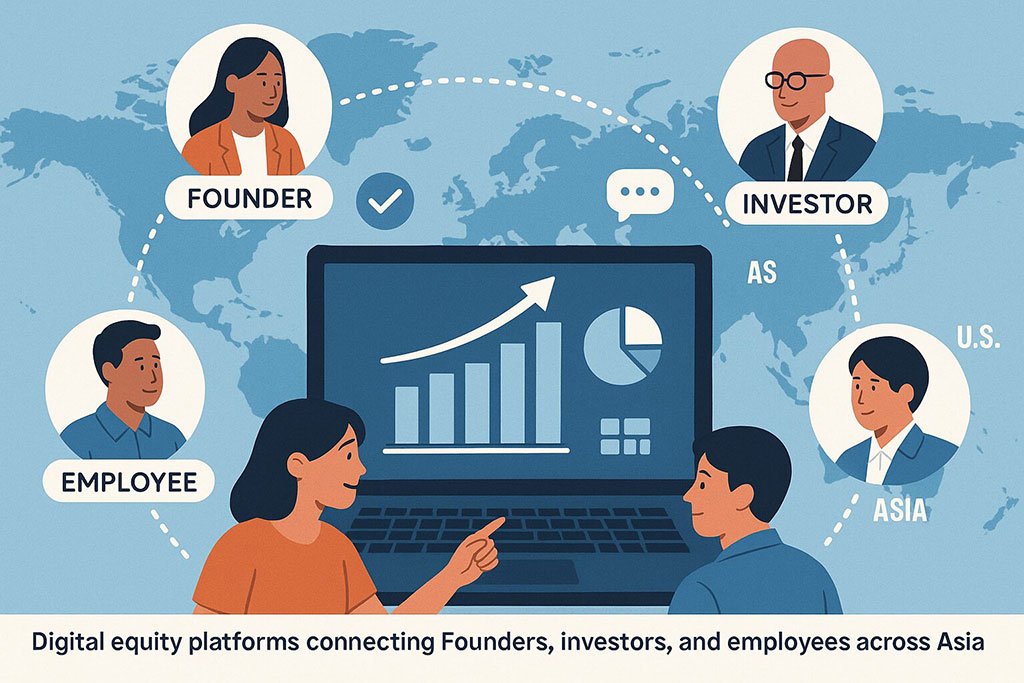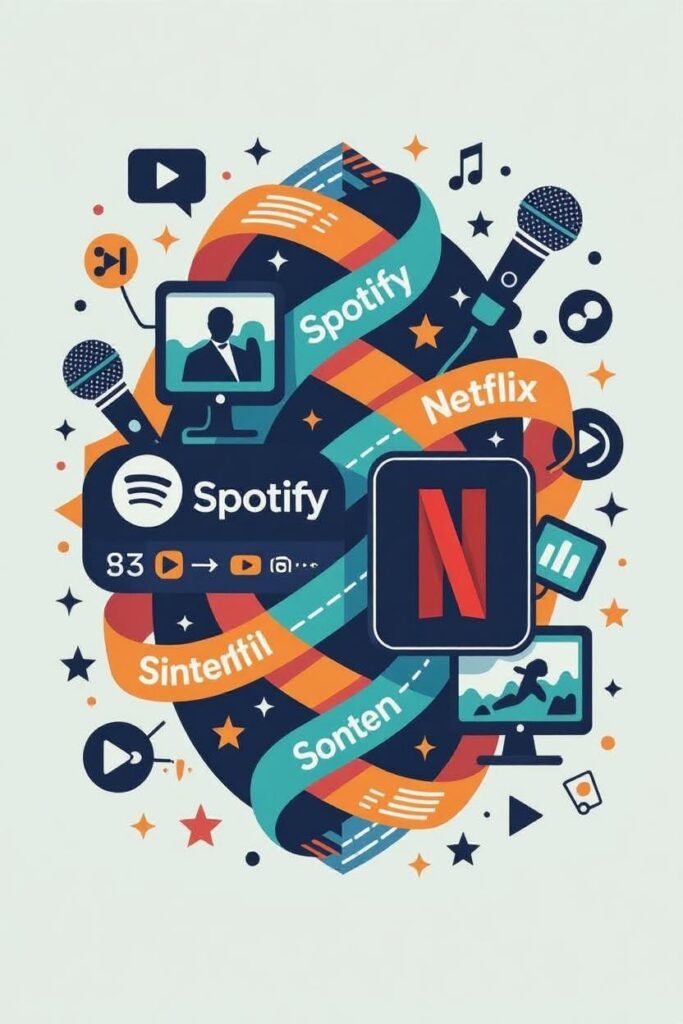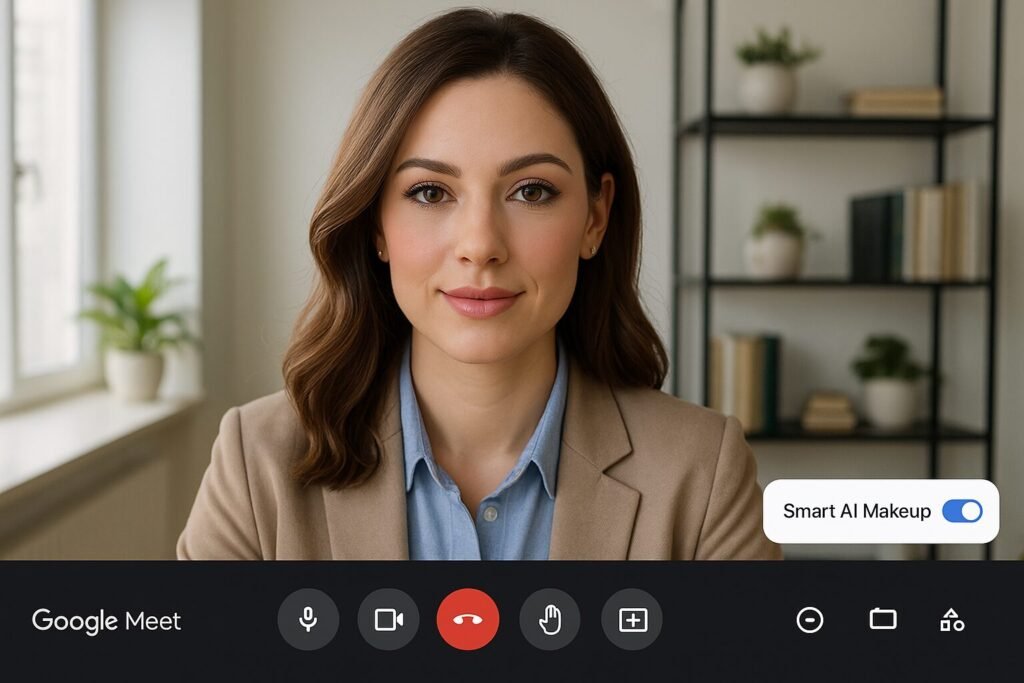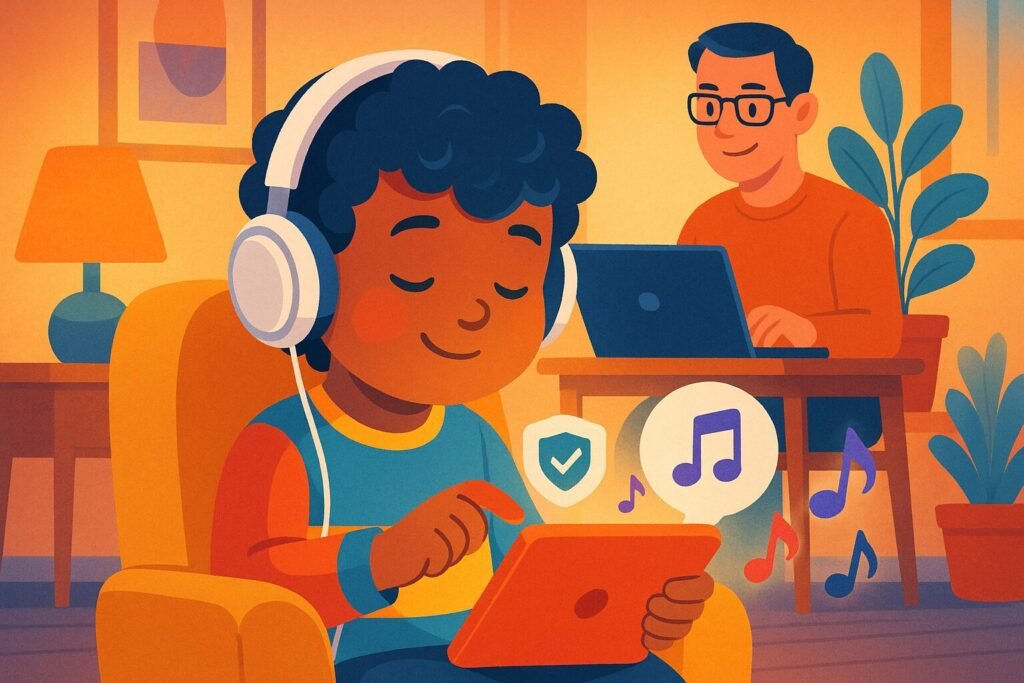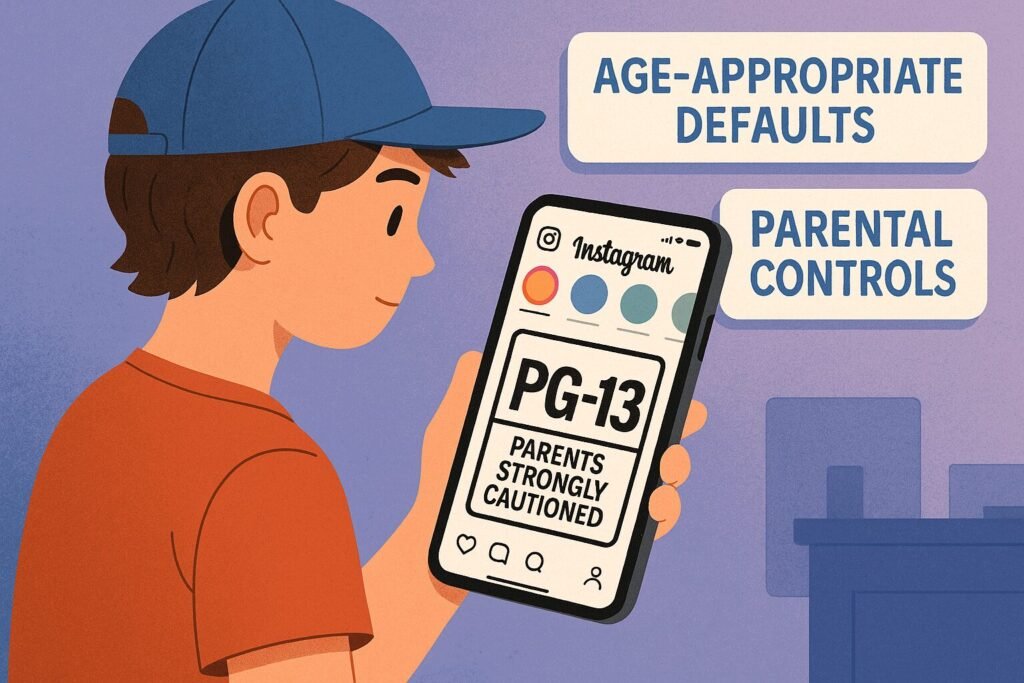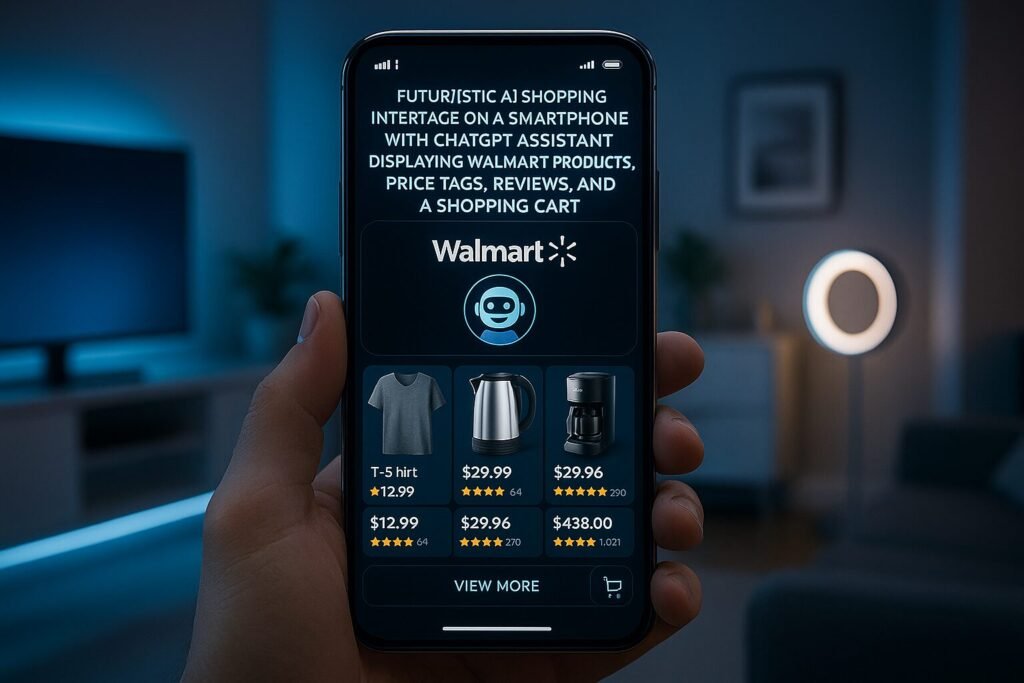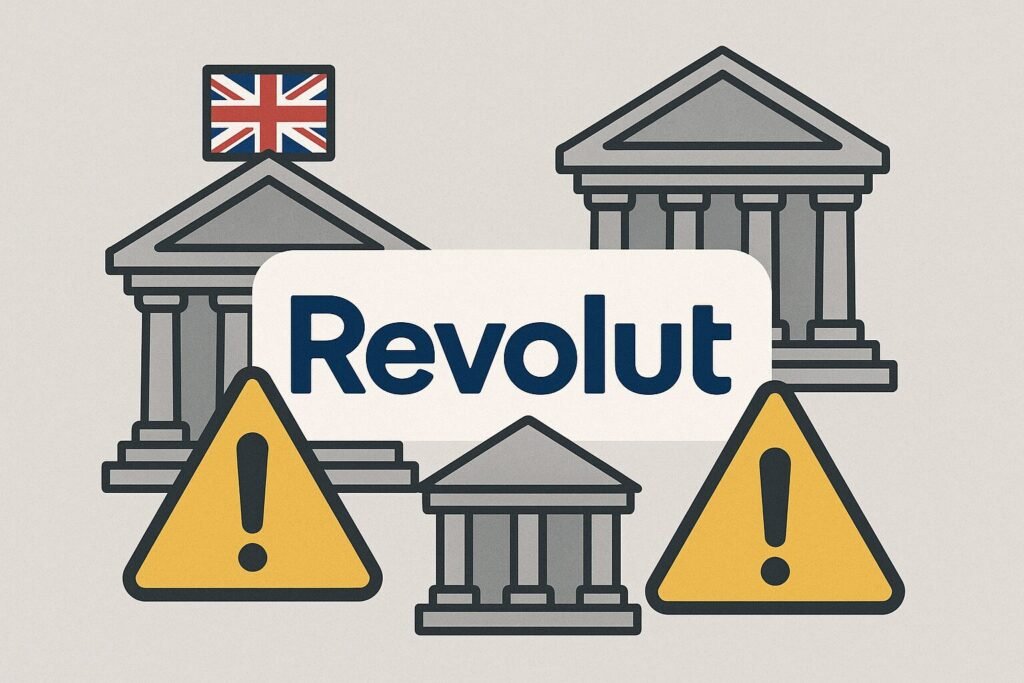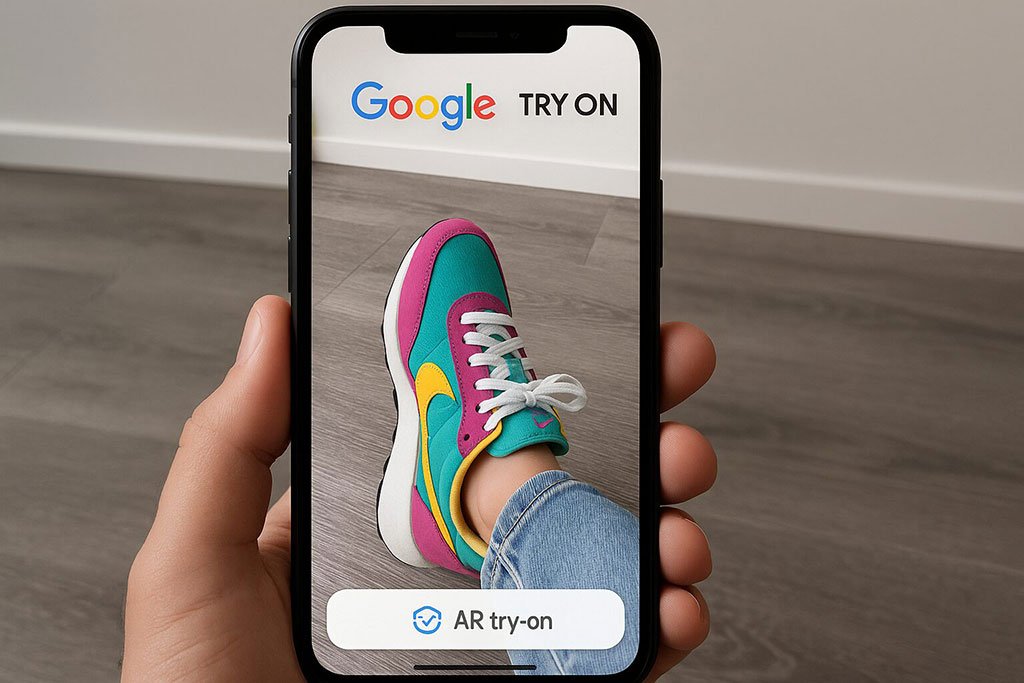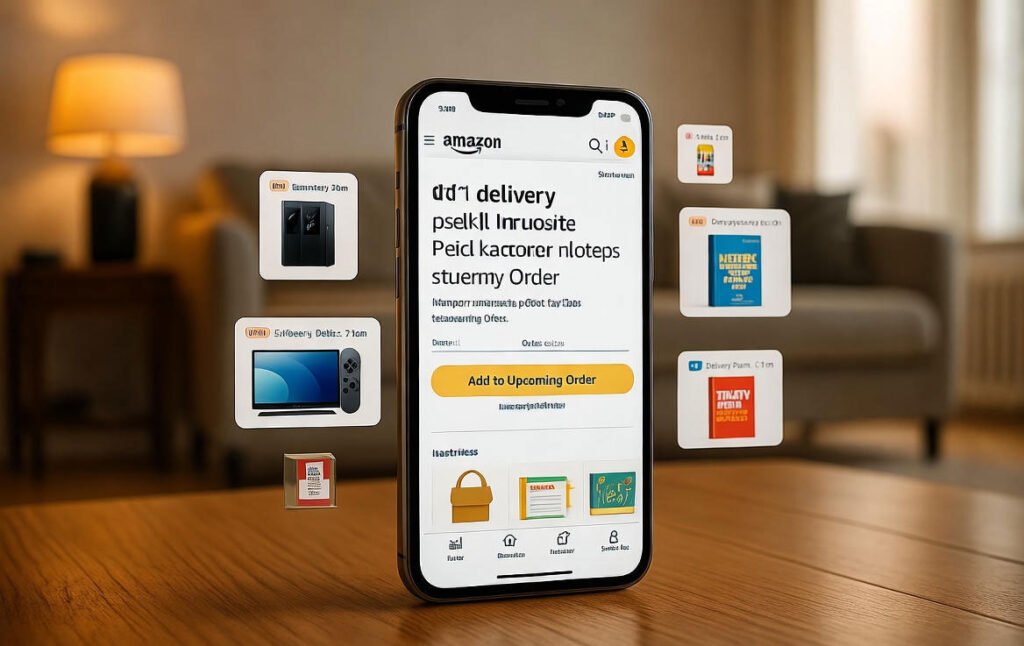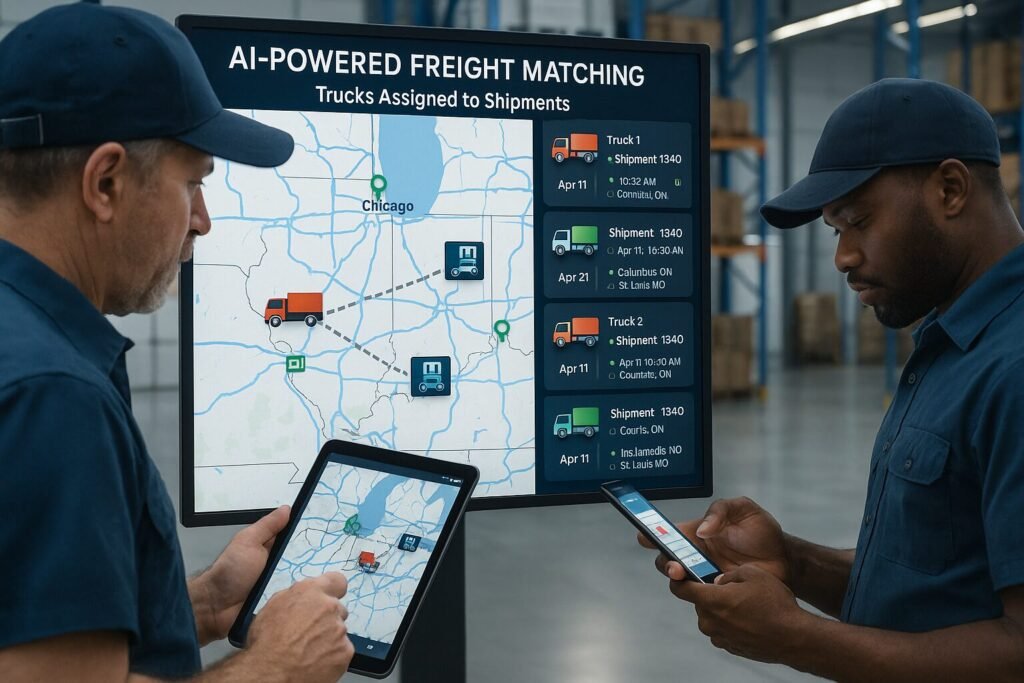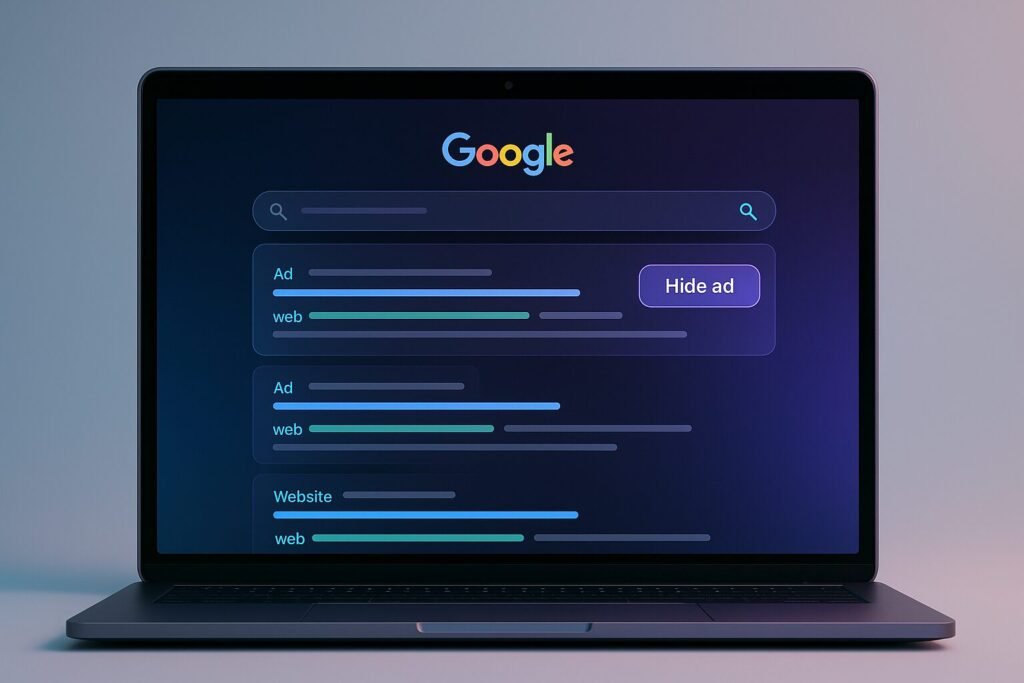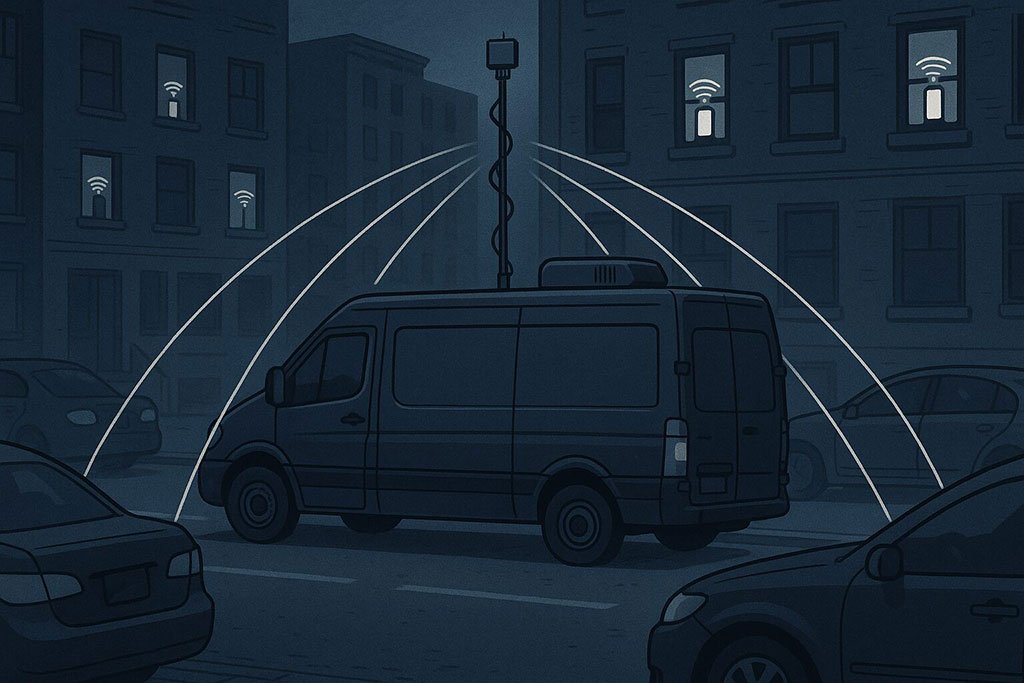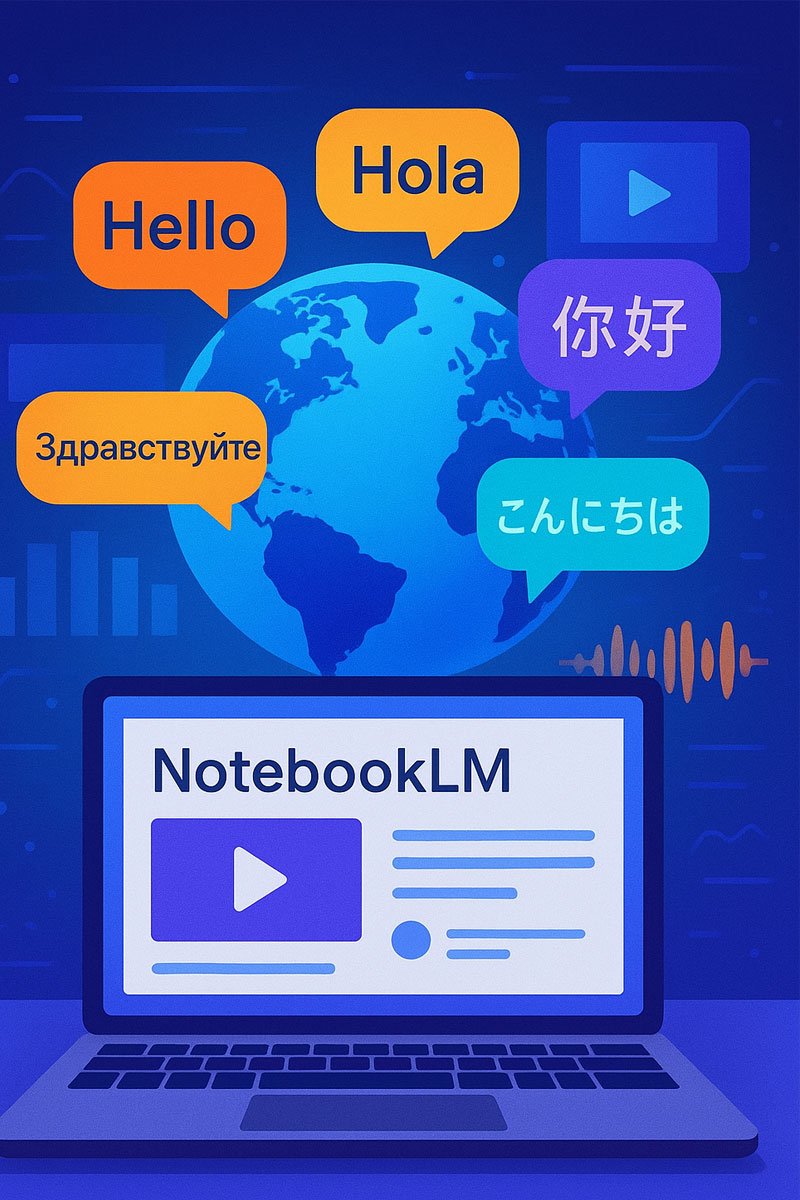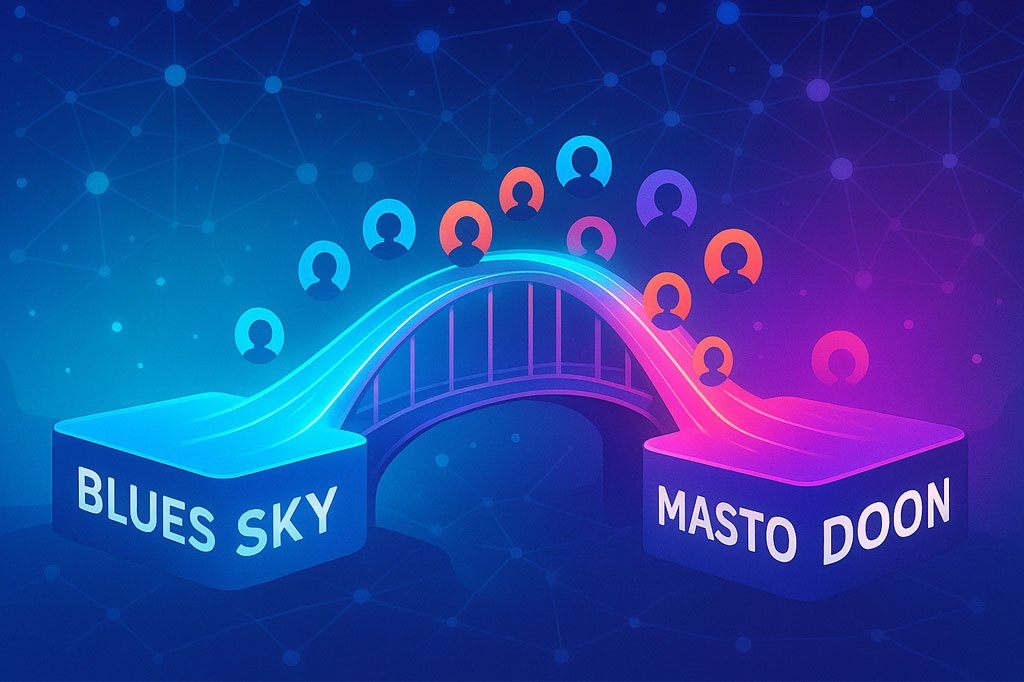Now Reading: Android Sideloading Tightens Google Mandates Developer Verification
-
01
Android Sideloading Tightens Google Mandates Developer Verification
Android Sideloading Tightens Google Mandates Developer Verification
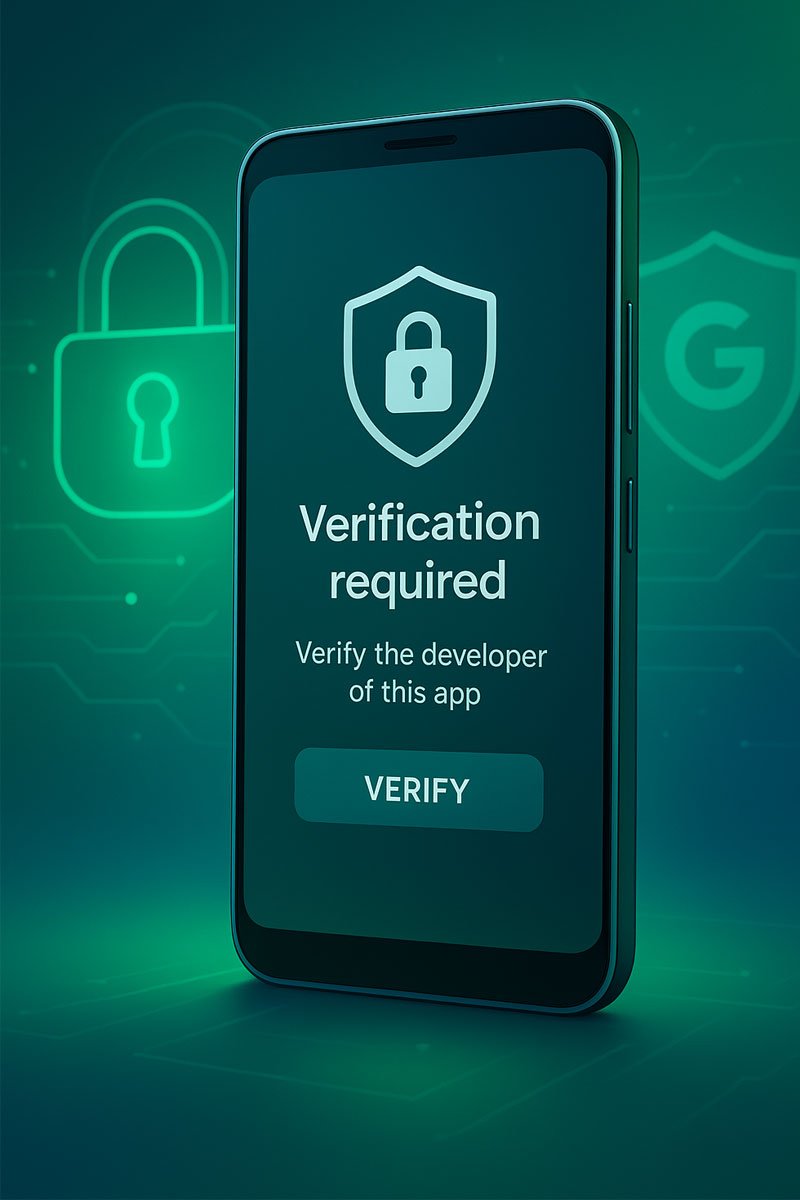
Google has announced a new policy requiring all developers distributing apps on Android devices, including those outside the Google Play Store, to verify their identities. Set to roll out in phases starting September 2026, this initiative aims to curb malware and enhance user trust in third-party app installations, commonly known as sideloading. While this step promises improved safety, it also raises concerns about its impact on independent developers and user freedom.
What Is Android Sideloading?
Sideloading refers to the process of installing Android applications from sources other than the Google Play Store, such as third-party app stores, websites, or direct APK downloads. This flexibility has long been a hallmark of Android’s open ecosystem, allowing users to access apps that may not meet Play Store guidelines or are tailored for niche use cases. However, sideloading has also been a vector for malware, as malicious actors exploit the lack of oversight to distribute harmful apps.
Why Sideloading Matters
Sideloading empowers users with greater control over their devices, enabling access to experimental apps, region-specific software, or tools unavailable on the Play Store. Developers benefit from bypassing Google’s stringent approval processes, which can be time-consuming or restrictive for unconventional apps. However, the absence of mandatory verification for sideloaded apps has allowed bad actors to distribute apps anonymously, posing risks to user data and device security.
Google’s New Developer Verification Policy
Starting in 2026, Google will require all developers distributing Android apps—whether through the Play Store, third-party stores, or direct downloads—to verify their identities via the new Android Developer Console. This platform, distinct from the Google Play Console, is designed to streamline verification for non-Play Store developers while maintaining accountability.
Verification Process and Requirements
Developers must submit their legal name, address, email, and phone number to the Android Developer Console. Organizations will additionally need to provide a website and a D-U-N-S number. For hobbyist and student developers, Google is introducing a separate account type with fewer verification requirements and no $25 registration fee, acknowledging their unique needs compared to commercial developers. Existing Play Store developers can use their Google Play Console accounts to register non-Play apps, simplifying the process for those already verified.
Impact on Certified Android Devices
The verification requirement applies to “certified” Android devices—those equipped with Google Play Services, Play Protect, and other Google Mobile Services (GMS). These devices will block apps from unverified developers, ensuring only verified apps can be installed. Google emphasizes that this policy does not restrict sideloading itself but adds a layer of accountability by verifying developer identities, not app content.
Why Google Is Tightening Sideloading
Google’s decision is driven by the growing threat of malware and financial fraud through sideloaded apps. The company reports that sideloaded apps are over 50 times more likely to contain malware compared to Play Store apps. By mandating developer verification, Google aims to make it harder for malicious actors to hide behind anonymity, reducing the risk of harmful apps reaching users.
Balancing Security and Openness
Google likens this verification to an airport ID check, confirming a developer’s identity without inspecting the app’s contents. This approach maintains Android’s open ecosystem while addressing security concerns. Play Protect, Google’s built-in malware scanning tool, will continue to scan all apps, including sideloaded ones, for potential threats, complementing the verification requirement.
Benefits of Developer Verification
The new policy offers several advantages for Android users and the ecosystem:
- Enhanced User Safety: Verifying developer identities reduces the risk of malware and scams, protecting users from financial fraud and data theft.
- Increased Trust: Users can sideload apps with greater confidence, knowing developers are accountable for their software.
- Streamlined Accountability: Malicious developers can be tracked and banned, preventing repeat offenses.
Challenges and Concerns
While the policy strengthens security, it has sparked concerns among developers and users:
- Impact on Independent Developers: Smaller teams or hobbyists may face barriers due to verification requirements, potentially stifling innovation for niche or experimental apps.
- Privacy Concerns: Some developers, especially in regions with strict privacy regulations, may hesitate to share personal information, limiting their ability to distribute apps.
- User Freedom: Critics argue that mandatory verification could be a step toward restricting sideloading entirely, reducing Android’s open nature and aligning it closer to iOS’s walled garden.
Navigating the Balance
Google’s challenge is to enhance security without alienating developers or users who value Android’s flexibility. The separate verification track for hobbyists is a step toward addressing these concerns, but its effectiveness remains to be seen. Additionally, users with non-certified devices or those who disable Play Protect may bypass these restrictions, though this could compromise security.
What This Means for Android Users
For users, the verification policy will make sideloading safer but may limit access to apps from unverified developers on certified devices. Those who rely on third-party stores like F-Droid or direct APK downloads will need to ensure their sources comply with Google’s requirements. Users can still sideload apps, but the process will be more regulated, potentially reducing the availability of certain apps.
Looking Ahead: The Future of Sideloading
Google’s developer verification mandate is part of a broader trend of tightening Android’s ecosystem in response to regulatory pressures and security challenges. While the policy aims to protect users, it raises questions about the future of sideloading and Android’s open philosophy. As the rollout begins in 2026, the Android community will closely watch how Google balances security, innovation, and user freedom.
Preparing for the Change
Developers should familiarize themselves with the Android Developer Console and begin the verification process early to avoid disruptions. Users should verify the sources of sideloaded apps and ensure their devices are equipped with Play Protect for added security. As Android evolves, staying informed about these changes will be crucial for both developers and users.




